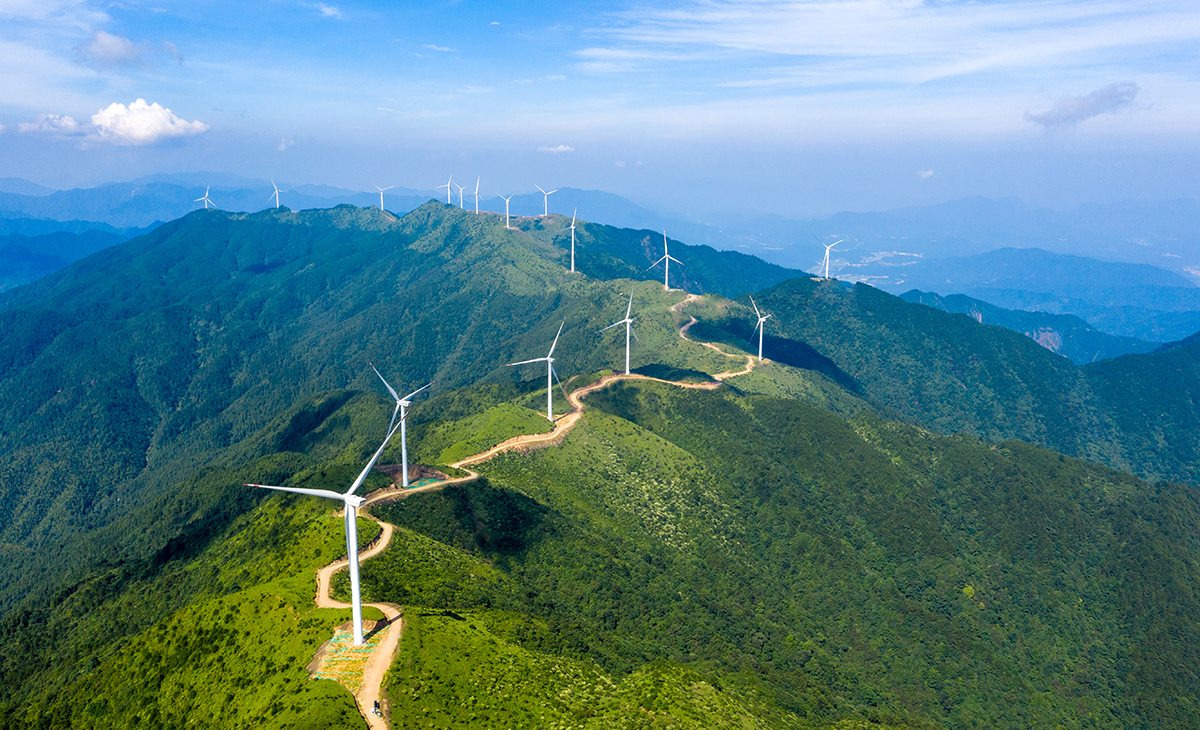The New York Climate Week will be held on September 17-24
Major emitters of planet- warming greenhouse gases are expected to ratchet up climate action and announce new plans at the United Nations Climate Ambition Summit that begins on Monday.
The New York Climate Week, organized in partnership with the UN during the general assembly, will be held on September 17-24, bringing together representatives from business, government and civil society. On September 20, heads of states of major emitters are expected to address the UN on their updated climate plans.
UN secretary- general Antonio Guterres had sent letters to member states, calling for expression of interest in presenting on how the nations will update their efforts to deal with the climate crisis.
“We received over 100 expressions of interest to participate, which contain details and specifics on announcements. Participation in most cases would be at the level of heads of states and governments,” Selwin Hart, special adviser to Guterres on climate, said during a briefing last week.
Guterres called on “first movers and doers” to present on updated pre-2030 nationally determined contributions, as agreed to in the Glasgow climate summit in 2021: updated net-zero targets; energy transition plans with commitments to no new coal, oil and gas; fossil fuel phase-out plans; more ambitious renewable energy targets; and pledges to the green climate fund. A chair’s summary on the updated goals will be released at the end of the meeting.
The climate ambition summit is important this year because of the global stocktake taking place in December and because temperatures are at a record high due to a combination of the impact of El Nino and climate change. August this year was the planet’s hottest August 174 years since records have been kept. The sizzling month also wrapped up the northern hemisphere’s warmest summer and the southern hemisphere’s warmest winter on record, according to an analysis by scientists from the National Centers for Environmental Information of the US National Oceanic and Atmospheric Administration on Thursday.
The synthesis report of the first global stocktake by United Nations Framework Convention on Climate Change on September 8 presented some inconvenient but not unknown truths. Global efforts on the climate crisis are falling short of meeting the Paris Agreement goals of keeping global warming under 2 degrees Celsius over preindustrial levels and pursuing efforts to keep it under 1.5 degrees. The synthesis report said there is a rapidly narrowing window to raise ambition and implement existing commitments in order to limit warming to 1.5 degrees, HT reported on September 9.
“The report of the global stocktake shows we are way behind in climate goals, climate indicators are trending in the wrong direction and emissions are at their highest level and continue to rise. The window to keep global warming under 1.5 degree C is closing,” Hart said.
Though the G20 summit held on September 9-10 under India’s presidency agreed to meet Paris Agreement goals. The major economies comprising the grouping, which is responsible for 80% of global greenhouse gas emissions, resolved to achieve net zero emissions by around mid-century through a variety of approaches. It committed to efforts to triple renewable energy capacity from current levels and increase the uptake of other zero or low carbon technologies, including carbon capture and removal technologies. to be sure, there were no clear statements on phasing out or phasing down fossil fuels or references to emissions from fossil fuels. A clear intent on peaking before 2025 was not made either.
Those gaps are expected to be addressed at New York beginning Monday. The so-called ambition meeting is expected to raise momentum and push for concrete goals ahead of the UN climate summit in Dubai later this year.
On September 22, UN will also hold a meeting on the loss and damage fund, which was decided to be set up during the annual 2022 summit in Sharm El Sheikh, Egypt. The UN meeting will discuss political outcomes on the loss and damage fund.
“The recent global stocktake report shows how wildly off track the world is in meeting the challenge to tackle the climate crisis. The G20 Summit held just after this sobering report showed a tepid political reaction to the everyday reality of climate devastation,” said Avantika Goswami, programme manager, climate change at the Centre for Science and Environment, an advocacy group.
“Consensus on a low-ambition declaration that did not balance a renewable energy mention with a matching intent to phase out fossil fuels in an equitable manner was hardly a win,” she said.

